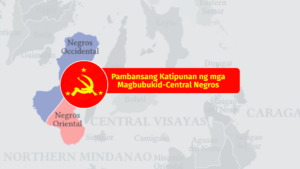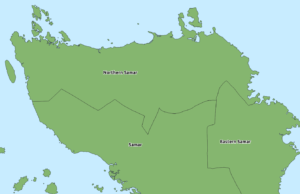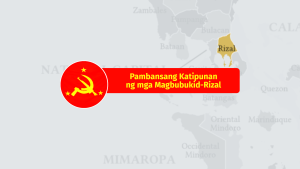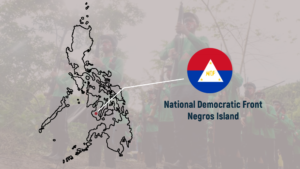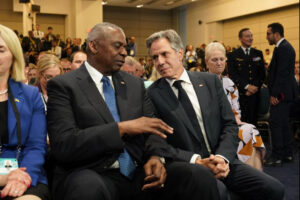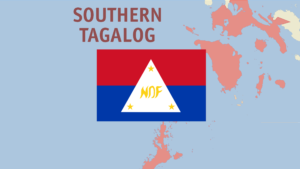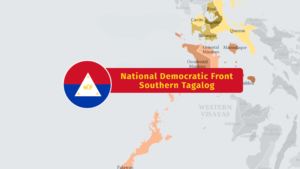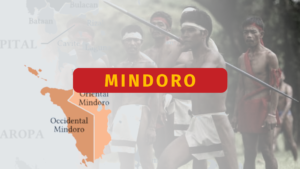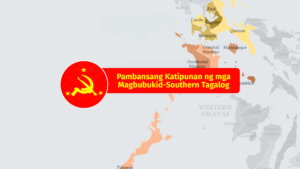President Fidel V. Ramos as peace advocate
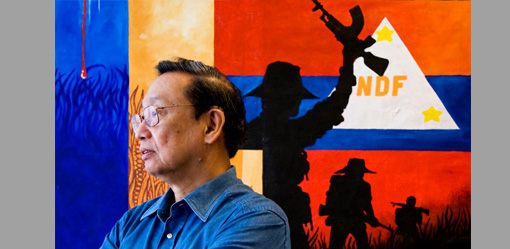
Dear Compatriots and Friends,
I am honored and delighted to be invited to contribute a statement to The Wednesday Forum and participate in the celebration of the life of President Fidel Valdez Ramos (FVR). I am aware of the many virtues and achievements of the late FVR. But I wish to focus on his outstanding and fruitful role as peace advocate even as he was the principal on the side of the Government of the Republic of the Philippines (GRP) in the peace negotiations with the National Democratic Front of the Philippines (NDFP) from 1992 to 1998. He continued to call for a just and durable peace after his presidency.
Of all presidents of the GRP who have engaged in peace negotiations with the NDFP, FVR has been the most committed, diligent, resourceful and successful. It was during his watch as GRP president that so far the most important and the biggest total number of joint agreements were made by the GRP and NDFP. These agreements are of lasting value. Peace negotiations can be resumed only by affirming them as in 2001 after Estrada terminated them in 1999 as Duterte would do again in 2017. The agreements are as follows:
- The Hague Joint Agreement of September 1, 1992 is the framework agreement for the peace negotiations and sets forth a. the objective of addressing the roots of the armed conflict to achieve a just and lasting peace; b. mutually acceptable guiding principles of national sovereignty, democracy and social justice as the guide; c. substantive agenda: respect for human rights and international humanitarian law, social and economic reforms, political and constitutional reforms and the end of hostilities and disposition of forces; and, d. reciprocal working committees as drafting staff of the negotiating panels.
- Joint Agreement on Safety and Immunity Guarantees (February 24, 1995) and Two Additional Implementing Rules (June 26, 1996 and March 16, 1998).
- Agreement on the Ground Rules of the Formal Meetings Between the GRP and NDFP Negotiating Panels (February 26, 1995).
- Joint Agreement on the Formation, Sequence and Operationalization of the Reciprocal Working Committees of the GRP and NDFP Negotiating Panels(June 26, 1995) and Supplemental Agreement (March 18, 1997).
- Comprehensive Agreement on Respect for Human Rights and International Humanitarian Law (March 16, 1998). This is the first of the four items in the substantive agenda of the GRP-NDFP peace negotiations.
- Joint Agreement in Support of Socioeconomic Projects of Private Development Organizations and Institutes (March 16, 1998).
To set the stage for the peace negotiations, FVR sent Rep. Jose Yap and House Speaker Jose de Venecia as special emissaries to the NDFP office in Utrecht for exploratory talks. They assured the NDFP that President Ramos would do everything he could to move the peace negotiations forward to a successful conclusion. Then, to our pleasant surprise, he took the initiative to repeal the Anti-Subversion law and release all political prisoners.
I noticed that he took special care to develop rapport with the NDFP side. In the course of the peace negotiations, I was able to talk to FVR by phone a number of times, such as when there was a need to release a NDFP consultant from detention; when he informed me that my doctor brother was around when he (FVR) was being treated for a carotid problem at the Makati Medical Center; and when we congratulated each other for the success of the negotiating panels in forging the Comprehensive Agreement on Respect for Human Rights and International Humanitarian Law.
He sent to the NDFP emissaries like Education Undersecretary Fred Clemente in addition to Rep. Yap and Speaker de Venecia in order to iron out kinks promptly and facilitate the formal talks. He sent personal letters to me through Ambassador Romeo Arguelles to express condolences on the death of my mother and my sister as well as book gifts through the GRP negotiating panel chairman Howard Dee and official letters through Fred Clemente expressing views on certain issues or appreciation for the release of military and police officers captured and detained by the New People’s Army.
FVR was hands on in the peace negotiations during his presidency. The chairman of the GRP negotiating panel was directly in touch with him. And he did not hesitate to receive Luis Jalandoni, chairman of the NDFP negotiating panel at the presidential palace. He showed so much sincerity and willingness to work for a just and lasting peace. It is therefore no surprise that so far he is the GRP president with the most success in peace negotiations with the NDFP. The succeeding GRP presidents failed to keep the momentum that was established during his time. The worst was Duterte who trashed all the joint agreements.
But the brilliant example of FVR should inspire us to work harder for the resumption of the peace negotiations and aim firmly for a just and lasting peace by addressing the roots of the armed conflict with basic social, economic and political reforms that will allow the Filipino people to enjoy full national independence, democracy, social justice, economic development through genuine land reform and national industrialization, a patriotic, scientific and democratic culture and international solidarity of all peoples for peace and development.
Thank you.

